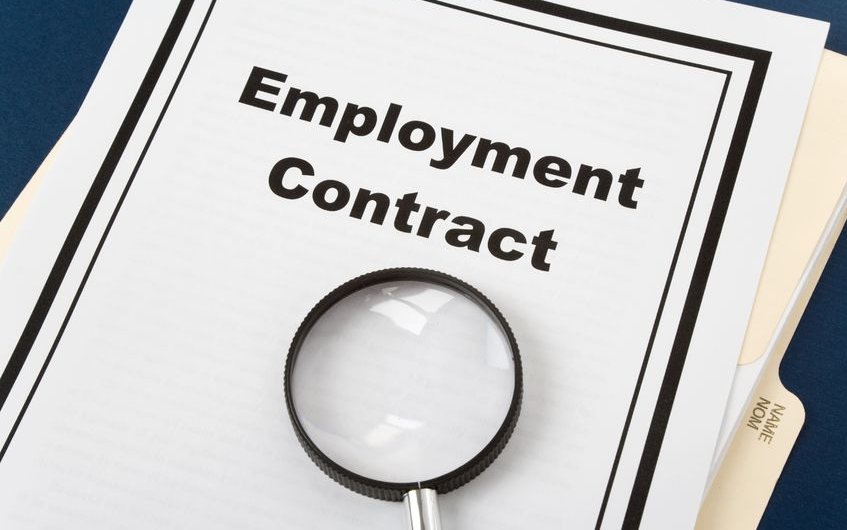When setting up a new business in the UK it is important to ensure you have essential business contracts in place. If you launch your idea in haste and without professional guidance, you may end up without adequate protection for you and your business.
Whatever your business plan is, you must ensure that you have put in place the right protection, that is tailor-made for your venture. In this article, we briefly explain the agreements you need to have on your radar before you start trading.
1. Shareholders Agreement (SHA)
SHA is a document which sets out the relationship of the stakeholders of the company including their rights and duties (if there is more than one shareholder) and it regulates the transfer of shares, provides protection to minority shareholders and majority shareholders. A well-drafted SHA not only documents the understanding between the shareholders on important matters relating to the company but also provides shareholders with better protection and the ability to direct the future of the venture if the relationships breakdown or certain scenarios occur such as retirement or death.
2. Terms and Conditions
Getting your products or services ready for the market may be your top priority when setting up your business. However, there is something else that you must take into account at the very beginning. It is vital to establish the basis on which you will supply your products or services through your Terms and Conditions. It does not matter if your business provides products or services, Terms and Conditions are essential.
The Terms and Conditions set out the rules and guidelines that your clients and your customers must know and accept when they purchase products or engage your services. The Terms and Conditions also helps to protect your business and limit your liability. The elements to be incorporated in the Terms and Conditions include the specifications for products or services provided, payment terms, timeline, the extent of your liability and many other important matters. If you do not have appropriate Terms and Conditions in place your company is at risk of uncertainty and misunderstandings. Terms and Conditions are best drafted specifically to suit your circumstances.
3. Non-Disclosure Agreement (NDA)
As a business, there will be numerous instances when you will be required to disclose confidential data to third parties. You may explore a deal with a third-party in order to get them interested in your company as an investor, have a working relationship or any other arrangement that may require you to share confidential information. This is why an NDA is crucial to prevent the third-parties to use your confidential data without your consent. An NDA allows you to clearly and strictly define what shall be deemed as “confidential information” (for example, your business ideas and trade secrets) and how the receiving party can use your confidential data. Failure to have a well-drafted NDA may result in unintended loss of confidential information without having the right to claim for financial damages and related costs from the receiving party.
4. Employee Contracts
At some point, whether it is at the incorporation of the business or a later stage, your company will require one or more employees to support and expand the business. You must have a well-drafted Employment Contract in place. There are specific areas which must be covered in any Employment Contract to protect the business. The Employment Contract will create a strong basis for setting out the rights and duties of each party towards the other. We always work closely with our Employment, HR and Immigration Partner, Davenport Solicitors, in this area.
5. Contractor/Supplier Agreement
In the course of fulfilling the business needs of your company and providing products and services to the customers, your company will engage with third-parties. It is very often that the third-parties are the suppliers to the business whether it is an individual or a company. In order to have a good working relationship and protect your business, you must consider having a standard form of Contractor/Supplier Agreement in place before entering into any transaction with third-parties. This Agreement will provide main principles of how you want your suppliers to deal with you when they supply products or services to the company.
Unfortunately, many businesses realise the importance of these essential contracts only when something goes wrong and the damage to the company has already occurred. To avoid that costly mistake from the very beginning, we are able to provide you with guidance by advising and drafting key contracts you will need for your company or guide you on standard contracts you are requested to sign.
This article was written by UK Advisory Services partner Bowling & Co. Solicitors. For further information please contact us.
The material contained on this website contains general information only and does not constitute legal or other professional advice and should not be relied upon as such. While every care has been taken in the preparation of the information on this site, readers are advised to seek specific advice in relation to any decision or course of action.






